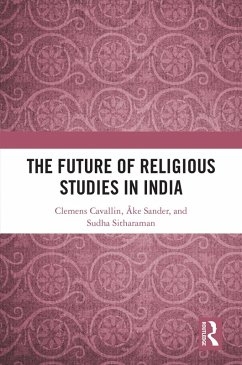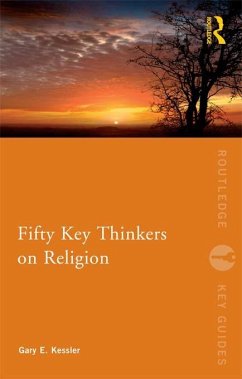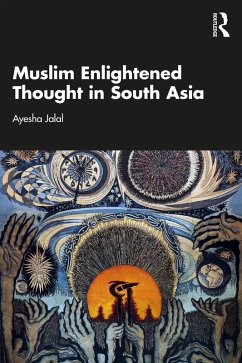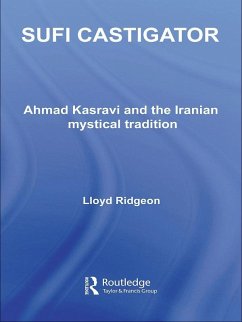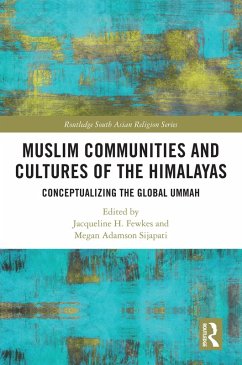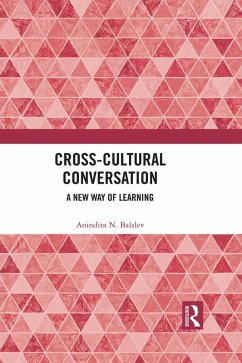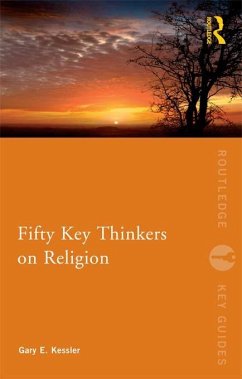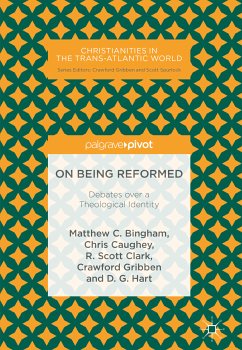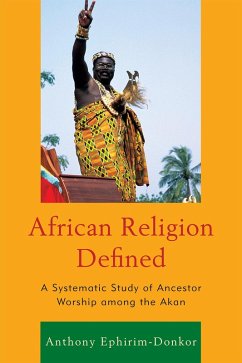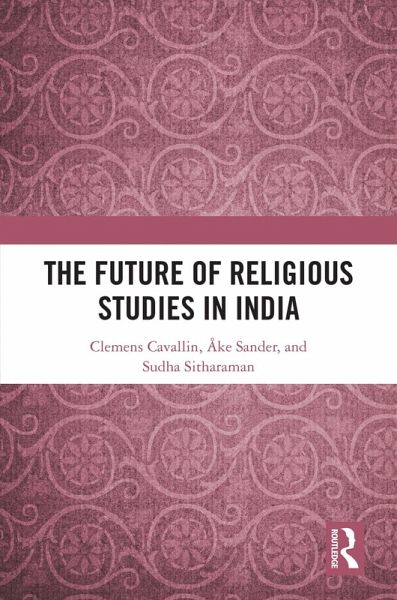
The Future of Religious Studies in India (eBook, PDF)
Versandkostenfrei!
Sofort per Download lieferbar
41,95 €
inkl. MwSt.
Weitere Ausgaben:

PAYBACK Punkte
21 °P sammeln!
This book looks at how religious studies is framed and taught in India. It addresses the contradiction between the country's vibrant religious life and the dearth of comparative and social scientific religious studies programs across Indian universities.The volume:. Studies the efforts by Rabindranath Tagore in Santiniketan and Mohan Malaviya in Varanasi, to introduce and institutionalize religious studies in India;. Discusses the notions of religion and spirituality and situates the failure of the 'secularization thesis' in the context of modern India;. Provides concrete suggestions on how to...
This book looks at how religious studies is framed and taught in India. It addresses the contradiction between the country's vibrant religious life and the dearth of comparative and social scientific religious studies programs across Indian universities.
The volume:
. Studies the efforts by Rabindranath Tagore in Santiniketan and Mohan Malaviya in Varanasi, to introduce and institutionalize religious studies in India;
. Discusses the notions of religion and spirituality and situates the failure of the 'secularization thesis' in the context of modern India;
. Provides concrete suggestions on how to develop religious studies in relation to global citizenship and Indian cultural heritage with the hope of initiating a larger discussion.
A unique contribution to the study of religion in society and education, the book will be indispensable to students and researchers of theology, history, philosophy, sociology, secularization, globalization, religious studies, education studies, and South Asian studies.
The volume:
. Studies the efforts by Rabindranath Tagore in Santiniketan and Mohan Malaviya in Varanasi, to introduce and institutionalize religious studies in India;
. Discusses the notions of religion and spirituality and situates the failure of the 'secularization thesis' in the context of modern India;
. Provides concrete suggestions on how to develop religious studies in relation to global citizenship and Indian cultural heritage with the hope of initiating a larger discussion.
A unique contribution to the study of religion in society and education, the book will be indispensable to students and researchers of theology, history, philosophy, sociology, secularization, globalization, religious studies, education studies, and South Asian studies.
Dieser Download kann aus rechtlichen Gründen nur mit Rechnungsadresse in A, B, BG, CY, CZ, D, DK, EW, E, FIN, F, GR, HR, H, IRL, I, LT, L, LR, M, NL, PL, P, R, S, SLO, SK ausgeliefert werden.




